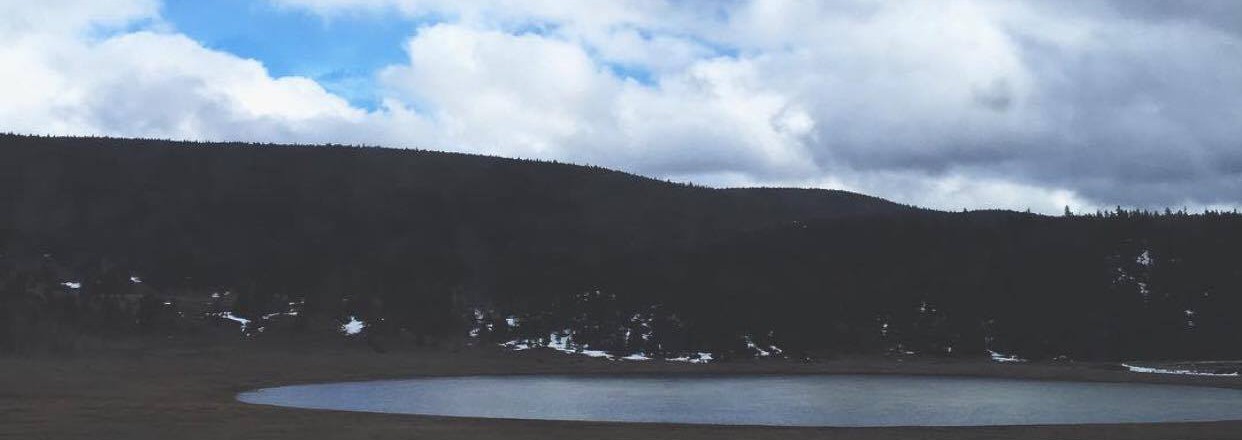January 11 – 22, 2016
After our initial bonding activity during the False Creek walking tour, our group sent out our first email to School Distrct 27. While there were some minor delays in communication, we were able to schedule our first meeting with the School District for this Thursday, January 21st. As we waited to hear back from our community partner, we conducted our secondary research about School District 27 and the Williams Lake community. By doing further research, we hoped to brainstorm potential research topics and questions for our project.
In order to garner a better understanding about our community partner, we spent time reading through their website, where we learned more about the people they serve, their mandate, and the strong push towards creating unification between the School Board and the various First Nations bands throughout the Chilcotin and Cariboo districts. In addition, we explored the blog and read the white paper created by last year’s SD27 research group. This gave us a better understanding of the educational environment of Williams Lake, and allowed us to get an idea of potential research directions that we could pursue.
As we prepare for our first meeting with the School District, we have brainstormed some questions to ask our community partner. Below are some questions that we hope to discuss with Mark Thiessen, the superintendent of School District 27.
- SD27 hosts an annual First Nations Role Model contest, which appoints two students of Aboriginal identity as winners each year, for being the top well-rounded students, that exemplify excellent academic and service within the community of Williams Lake. How does this program impact the community of First Nations students? For example: does it encourage them to strive for higher goals and achievements? What are the key contributing factors to success for First Nations students in school? How does their cultural identity play a role in this?
- The outdoor education program hosted by SD27 has demonstrated the benefits of experiential learning for the students as well as the community of Williams Lake. In what ways can outdoor education be a feasible method of promoting nature conservation and environmental sustainability? How does such a program change these students’ perspectives on sustainable development? How does such a program benefit students in comparison to education in much larger cities?
We are really excited to meet our community partner on Thursday. We hope to solidify our research question and proposal by next week, so check back for more updates!

